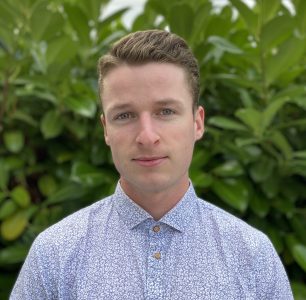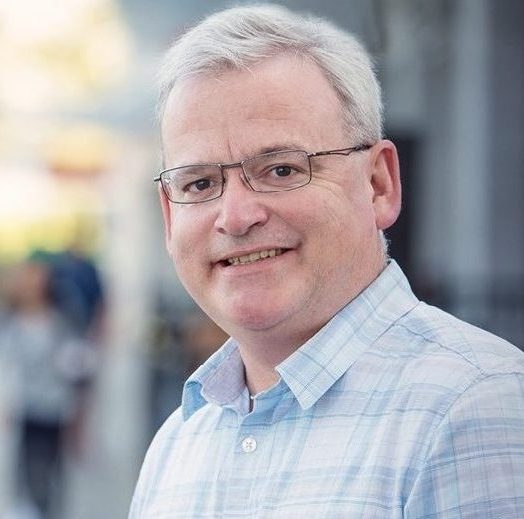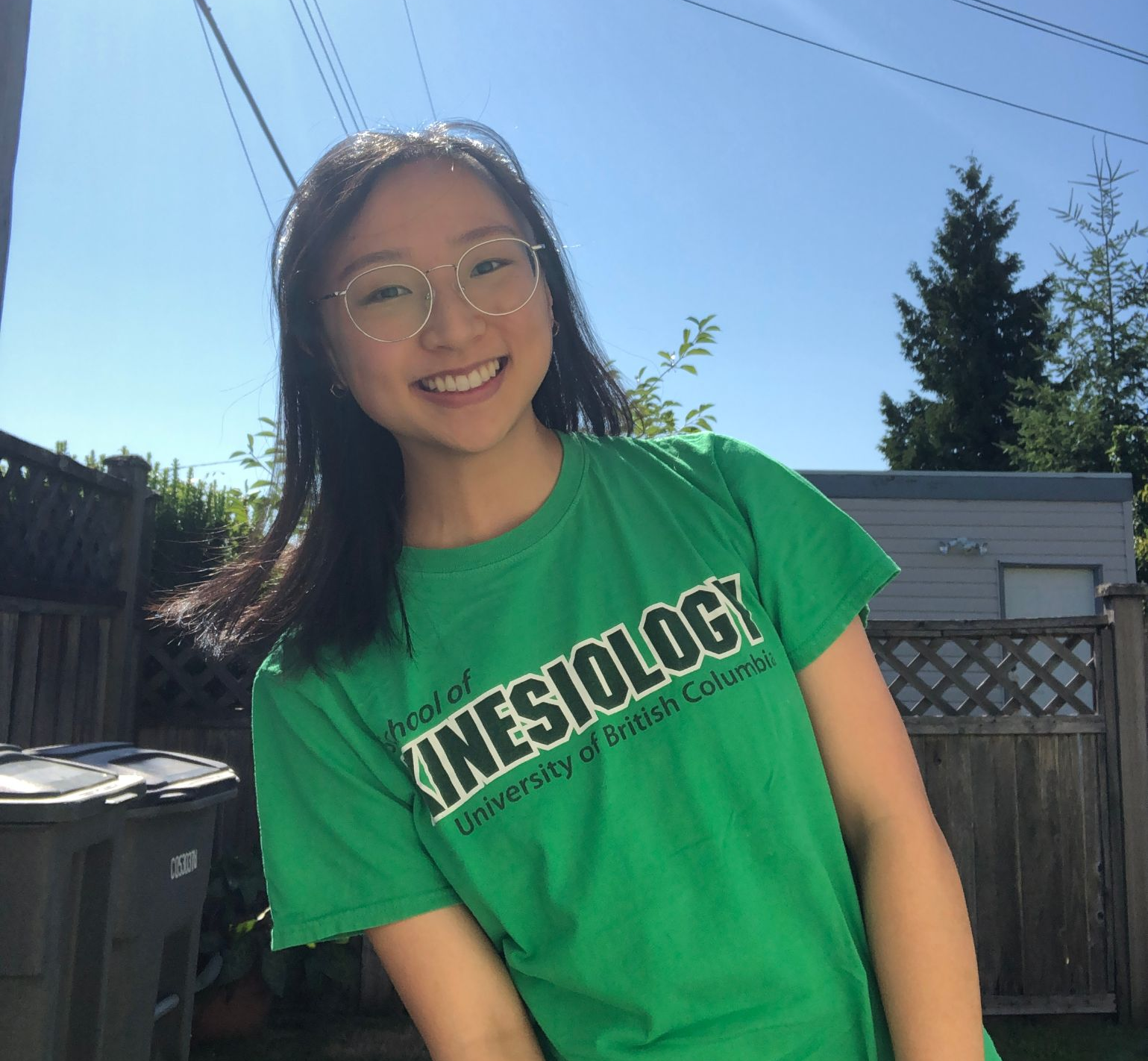 This month, I had the chance to relive the magic of Imagine Day through my role as a Senior Orientation Leader. The day began with a 6:30 AM wakeup that was much less painful than expected. All the leaders arrived bright and early to check-in, deck themselves in green face paint, and head over to Wesbrook Field to meet our incoming students.
This month, I had the chance to relive the magic of Imagine Day through my role as a Senior Orientation Leader. The day began with a 6:30 AM wakeup that was much less painful than expected. All the leaders arrived bright and early to check-in, deck themselves in green face paint, and head over to Wesbrook Field to meet our incoming students.
The excitement was palpable as students began trickling in to learn from faculty and other students about KIN campus life. The day began with a hearty welcome by Dr. Robert Boushel (our O-Prof and Director of the School). This was followed by valuable sessions on ‘Transfer Student Information’ and ‘Experiential Learning’. This portion of the day concluded with a fun lunch outside of Osborne with interesting info booths and student-led chants before the Imagine groups went on their ‘My Campus Experience’ tours.
Two of my favourite moments during Imagine Day included the Transfer Info Session, with Dr. Paul Kennedy and the Kin Advising Team, who led a wonderful and reassuring conversation to get students thinking about how they might make the most out of their UBC degree. Professor Kennedy’s puppy supervising our session was the absolute cherry on top! It was very cool to see everybody mingling outside of Osborne during lunch. There were first-years, transfers, profs, Bodyworks and Active Kids staff, the KUS, Orientation Leaders (OLs), and my Senior OL team… various pockets of the KIN community represented all at once! I also had the best time going up to the roof of Osborne to film our Kin Coaster cheer for @ubckin’s Instagram story. Since attending my own KIN Imagine Day 2 years ago, I have always wanted to see what the sea of green looked like from above – I finally got to live that dream, and the view from the rooftop was everything I hyped it up to be in my head! This is an invitation to all students to volunteer as an OL at some point!
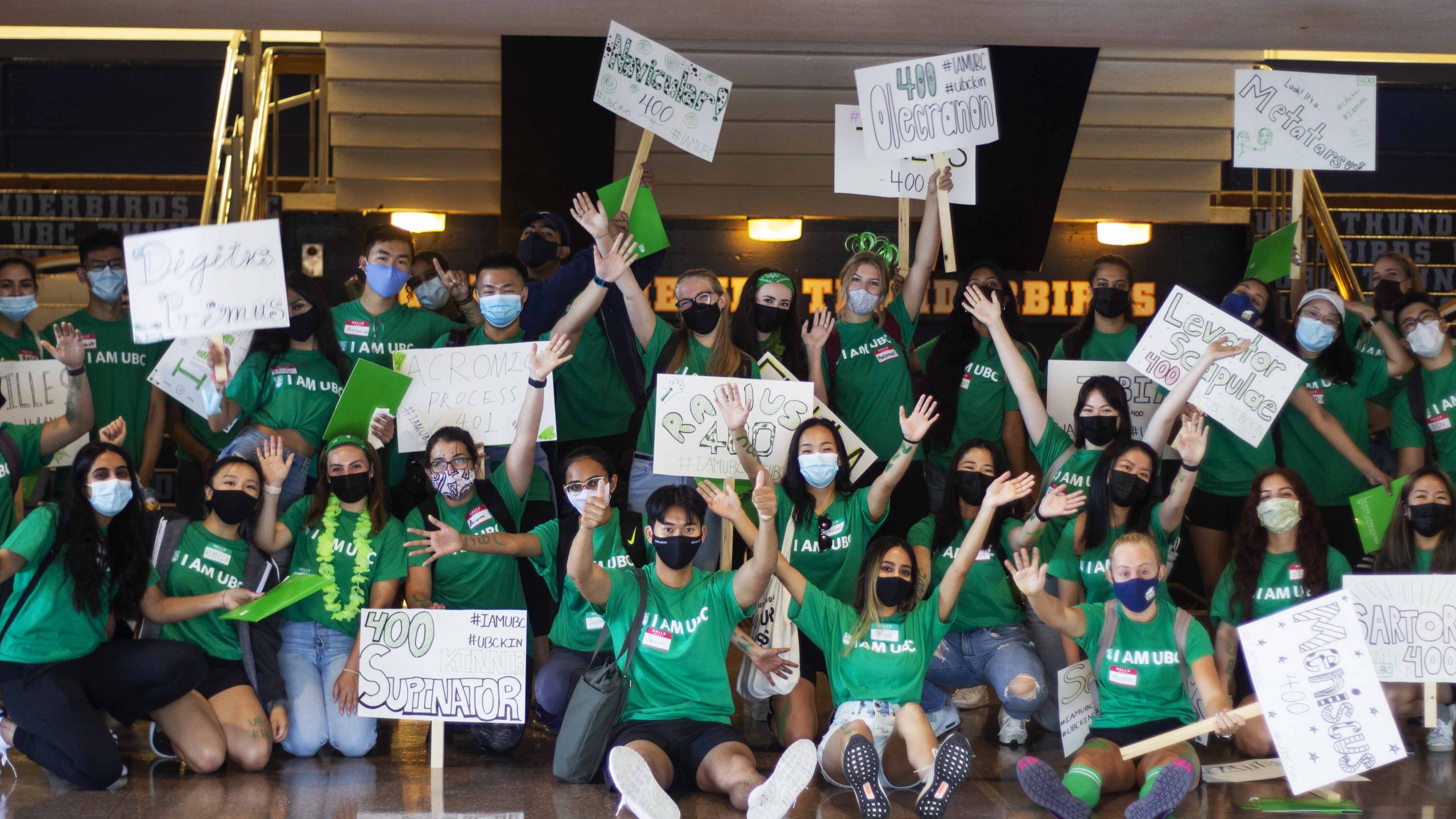 Being involved in Imagine Day has been incredibly empowering and valuable for my own growth. From developing organizational and communication skills to learning more about the importance of flexibility and collaboration, I have gained leadership insights that I plan to carry far beyond my undergraduate degree. The most important lesson I am taking away from this role is to always approach individuals with a curiosity about who they are and what they bring to the present in the moment. I used to think orientations were all about providing ‘words of wisdom’ or ‘helping’ new students find their way. I now understand that acknowledging an incoming student’s unique interests and abilities is one of the most valuable things I can offer them. As someone who loves connecting with others, I cannot describe how rewarding this role was for me. For anyone who shares a similar interest, I would highly recommend getting involved with Imagine Day or any of the other orientation activities that UBC Kin has to offer! Thank you to our leader and KIN Student Engagement Officer, Emily Speidel, the OL team, and the Kin community for such an amazing Imagine Day experience.
Being involved in Imagine Day has been incredibly empowering and valuable for my own growth. From developing organizational and communication skills to learning more about the importance of flexibility and collaboration, I have gained leadership insights that I plan to carry far beyond my undergraduate degree. The most important lesson I am taking away from this role is to always approach individuals with a curiosity about who they are and what they bring to the present in the moment. I used to think orientations were all about providing ‘words of wisdom’ or ‘helping’ new students find their way. I now understand that acknowledging an incoming student’s unique interests and abilities is one of the most valuable things I can offer them. As someone who loves connecting with others, I cannot describe how rewarding this role was for me. For anyone who shares a similar interest, I would highly recommend getting involved with Imagine Day or any of the other orientation activities that UBC Kin has to offer! Thank you to our leader and KIN Student Engagement Officer, Emily Speidel, the OL team, and the Kin community for such an amazing Imagine Day experience.
– Rebecca Tsow, 4th Year Kin, Imagine Day Senior Orientation Leader
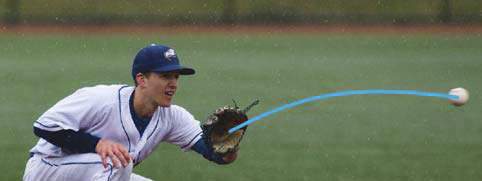 In this article, the authors provide “definitional clarity regarding whether a skill is primarily visual attentional (ranging from fundamental/low-level skills to high-level skills) or cognitive”, and review those skills that have been studied using sport-specific stimuli or tests, such as postural cue anticipation in baseball, as well as those that are mostly devoid of sport context, considered general skills, such as dynamic visual acuity.
In this article, the authors provide “definitional clarity regarding whether a skill is primarily visual attentional (ranging from fundamental/low-level skills to high-level skills) or cognitive”, and review those skills that have been studied using sport-specific stimuli or tests, such as postural cue anticipation in baseball, as well as those that are mostly devoid of sport context, considered general skills, such as dynamic visual acuity.
In addition to detailing the PC skills and associated methods, the authors provide an accompanying table of published research since 1995, highlighting studies (for various skills and sports) that have and have not differentiated across skill groups.
Find the full paper here: https://pubmed.ncbi.nlm.nih.gov/34328450/.
The Canadian Kinesiology Alliance (CKA) KinStartUpKit is a free, online educational tool to help kinesiology graduates navigate through the kinesiology industry upon finishing their studies.
The goal for the CKA with this kit is to share the tool with university students directly so they can feel better prepared and informed upon completion of their studies.
To learn more about the CKA, visit their website.
Join the follow-up virtual meeting on November 19th!
The UBC Indigenous Strategic Plan was launched one year ago!
The Plan outlines eight goals and 43 actions the university will collectively take to advance its vision of UBC as a leading university globally in the implementation of Indigenous peoples’ human rights.
Many faculties and units have made impressive starts to their implementation of the plan. Read their stories: https://isp.ubc.ca/implementation/impact-stories/
The UBC Indigenous Strategic Plan has just launched its new website! Find everything you need to know about the ISP process, implementation tools and resources, impact stories, funding and more: https://isp.ubc.ca
Keep updated on the UBC Indigenous Strategic Plan implementation news, funding and resources. Join the mailing list: Click Here
New Indigenous Strategic Initiatives (ISI) Fund is now open! Up to $4 million are available for students, faculty and staff projects across both UBCV and UBCO campuses. Find out more on the new ISP website:
https://isp.ubc.ca/implementation/isi-fund/
Are you a faculty or staff member? Are you thinking about applying for an Indigenous Strategic Initiatives grant? If so, sign up to an ISP Implementation Toolkit workshop. The ISP Toolkit is a prerequisite for all faculty and staff funding applications: https://isp.ubc.ca/implementation/implementation-tools-resources/
Student-led projects are an integral part of the Indigenous Strategic Initiatives Fund. UBC students: help implement the ISP and advance Indigenous peoples’ human rights at UBC. Student-led projects are eligible for up to $50k per project! https://isp.ubc.ca/implementation/isi-fund/funding-streams/stream-3-student-led-projects/
Implementation:
“Nothing about us, without us!” The Indigenous Strategic Plan Guiding Network is a new, innovative and Indigenous-led approach to implementing the ISP at UBC. Find out more about the various committees and where you fit in: https://isp.ubc.ca/foundations/guiding-network/
Sign up to an ISP Implementation Toolkit workshop and learn how you can move meaningful reconciliation forward in your unit: https://isp.ubc.ca/implementation/implementation-tools-resources/
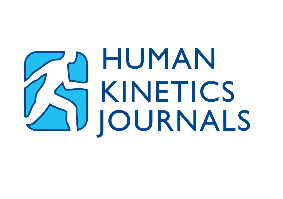 This two-part study examined Dweck’s psychological needs model in relation to exercise-related well-being and particularly focused on the basic need for optimal predictability and compound needs for identity and meaning. In Part 1 (N = 559), using exploratory factor analysis, scores derived from items assessing optimal predictability (prediction of affect and instrumental utility in exercise) were empirically distinct from scores derived from items assessing competence, relatedness, and autonomy. In Part 2, participants from Part 1 (N = 403) completed measures of exercise-related well-being 4 weeks after baseline assessment.
This two-part study examined Dweck’s psychological needs model in relation to exercise-related well-being and particularly focused on the basic need for optimal predictability and compound needs for identity and meaning. In Part 1 (N = 559), using exploratory factor analysis, scores derived from items assessing optimal predictability (prediction of affect and instrumental utility in exercise) were empirically distinct from scores derived from items assessing competence, relatedness, and autonomy. In Part 2, participants from Part 1 (N = 403) completed measures of exercise-related well-being 4 weeks after baseline assessment.
Prediction of affect was the most consistent predictor of subsequent exercise-related well-being. An implication of these findings is that optimal predictability (primarily prediction of affect) represents a unique experience that may be necessary for thriving in the context of exercise. Prediction of affect should be targeted in experimental designs to further understand its relationship with exercise-related well-being.
For the full study, Click Here
 The Power of Play, founded by Squamish’s Reza Marvasti, an organization which builds sustainable playgrounds for kids in hard-hit areas around the world, has recently launched a division focused on creating playgrounds for children in Indigenous communities closer to home, such as for the Lytton First Nation and the Standing Rock Indian Reservation in the U.S.
The Power of Play, founded by Squamish’s Reza Marvasti, an organization which builds sustainable playgrounds for kids in hard-hit areas around the world, has recently launched a division focused on creating playgrounds for children in Indigenous communities closer to home, such as for the Lytton First Nation and the Standing Rock Indian Reservation in the U.S.
Home for hundreds of the members of the Lytton First Nation is on its 56 reserves outside the Village of Lytton boundaries. The community’s population is currently scattered while they wait for the OK to return.

Dr. Rosalin Miles, a Lytton First Nation community member and UBC Indigenous scholar and research associate with Indigenous Studies in Kinesiology (ISK) at the School of Kinesiology, has a family home and a rental home in the Village of Lytton. Her tenant had about 10 minutes to flee and had to leave almost all her belongings behind, Miles said. Other folks Miles knows lost their homes, pets and belongings. “It is really needed right now,” Miles said of a playground. Marvasti and Miles work on the philosophy that playing is central to children’s mental health and development.
“We believe that playfulness helps with meditative thinking, problem-solving and it also brings family together. It is aligned with a lot of the community-based research that we do at UBC,” Miles said.
She said one of the tragic parts of the Lytton wildfire is that children who live on the west side of the river had to watch from across the water as the town burned to the ground on June 30.
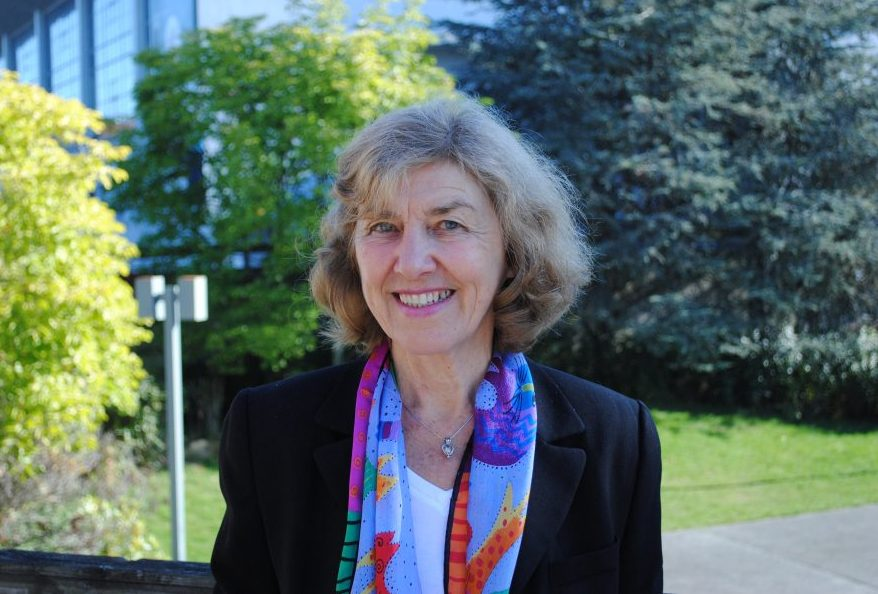
Professor Patricia Vertinsky is a historian of physical culture and is a Distinguished University Scholar.
In “Searching for Balance: A Historian’s View of the Fractured World of Kinesiology,” Vertinsky has written a self-reflective article on the development of the discipline of physical education and kinesiology.
Vertinsky writes, “In this essay, I drew upon the perspectives of Walter Benjamin’s “angel of history” in reflecting upon the history of kinesiology and the influences that led to my own academic career in kinesiology. I have outlined how my disciplinary training as a physical educator and educational historian provided the resources to propel my continuing inquiry into the inter- and cross-disciplinary (and intrinsically entangled) nature of kinesiology.
Gender, nationality, training, location, and timing all had their influences on my education and job opportunities and upon building toward a career in a research university where physical education and kinesiology, by design and accident, increasingly separated from one another. From the perspective of a sport historian, I suggest that the language and pursuit of balance might be applied productively to thinking about the future of kinesiology.
Sport historians can help in this mission by training a critical lens upon the ongoing traffic between nature and culture and the deep sociocultural situatedness of the science and technology practices used in kinesiology teaching and research in the 21st century. In essence, they can illuminate the historical context of the tools that now frame kinesiology’s questions and the political context in which their answers emerge.” – Dr. Patricia Vertinsky
Read the full article: Click Here.
Congratulations to Derek Paterson & Dr. Guy Faulkner on their recently published paper, “Exploring the impact of COVID-19 on the movement behaviors of children and youth: A scoping review of evidence after the first year.”
The paper aims to summarize systematically the available literature investigating the relationships between the Coronavirus disease 2019 (COVID-19) pandemic and movement behaviors (physical activity, sedentary behavior, and sleep) of school-aged children (aged 5−11 years) and youth (aged 12−17 years) in the first year of the COVID-19 outbreak.
Derek is a masters student studying under the supervision of Dr. Guy Faulkner and working in the Population Physical Activity Lab. He is involved and interested in research regarding physical literacy, teaching physical education and youth movement behaviours, especially within the context of a pandemic.
Find the article here: Exploring the impact of COVID-19 on the movement behaviors of children and youth: A scoping review of evidence after the first year.
 This month, I had the chance to relive the magic of Imagine Day through my role as a Senior Orientation Leader. The day began with a 6:30 AM wakeup that was much less painful than expected. All the leaders arrived bright and early to check-in, deck themselves in green face paint, and head over to Wesbrook Field to meet our incoming students.
This month, I had the chance to relive the magic of Imagine Day through my role as a Senior Orientation Leader. The day began with a 6:30 AM wakeup that was much less painful than expected. All the leaders arrived bright and early to check-in, deck themselves in green face paint, and head over to Wesbrook Field to meet our incoming students. Being involved in Imagine Day has been incredibly empowering and valuable for my own growth. From developing organizational and communication skills to learning more about the importance of flexibility and collaboration, I have gained leadership insights that I plan to carry far beyond my undergraduate degree. The most important lesson I am taking away from this role is to always approach individuals with a curiosity about who they are and what they bring to the present in the moment. I used to think orientations were all about providing ‘words of wisdom’ or ‘helping’ new students find their way. I now understand that acknowledging an incoming student’s unique interests and abilities is one of the most valuable things I can offer them. As someone who loves connecting with others, I cannot describe how rewarding this role was for me. For anyone who shares a similar interest, I would highly recommend getting involved with Imagine Day or any of the other orientation activities that UBC Kin has to offer! Thank you to our leader and KIN Student Engagement Officer, Emily Speidel, the OL team, and the Kin community for such an amazing Imagine Day experience.
Being involved in Imagine Day has been incredibly empowering and valuable for my own growth. From developing organizational and communication skills to learning more about the importance of flexibility and collaboration, I have gained leadership insights that I plan to carry far beyond my undergraduate degree. The most important lesson I am taking away from this role is to always approach individuals with a curiosity about who they are and what they bring to the present in the moment. I used to think orientations were all about providing ‘words of wisdom’ or ‘helping’ new students find their way. I now understand that acknowledging an incoming student’s unique interests and abilities is one of the most valuable things I can offer them. As someone who loves connecting with others, I cannot describe how rewarding this role was for me. For anyone who shares a similar interest, I would highly recommend getting involved with Imagine Day or any of the other orientation activities that UBC Kin has to offer! Thank you to our leader and KIN Student Engagement Officer, Emily Speidel, the OL team, and the Kin community for such an amazing Imagine Day experience. In this article, the authors provide “definitional clarity regarding whether a skill is primarily visual attentional (ranging from fundamental/low-level skills to high-level skills) or cognitive”, and review those skills that have been studied using sport-specific stimuli or tests, such as postural cue anticipation in baseball, as well as those that are mostly devoid of sport context, considered general skills, such as dynamic visual acuity.
In this article, the authors provide “definitional clarity regarding whether a skill is primarily visual attentional (ranging from fundamental/low-level skills to high-level skills) or cognitive”, and review those skills that have been studied using sport-specific stimuli or tests, such as postural cue anticipation in baseball, as well as those that are mostly devoid of sport context, considered general skills, such as dynamic visual acuity.
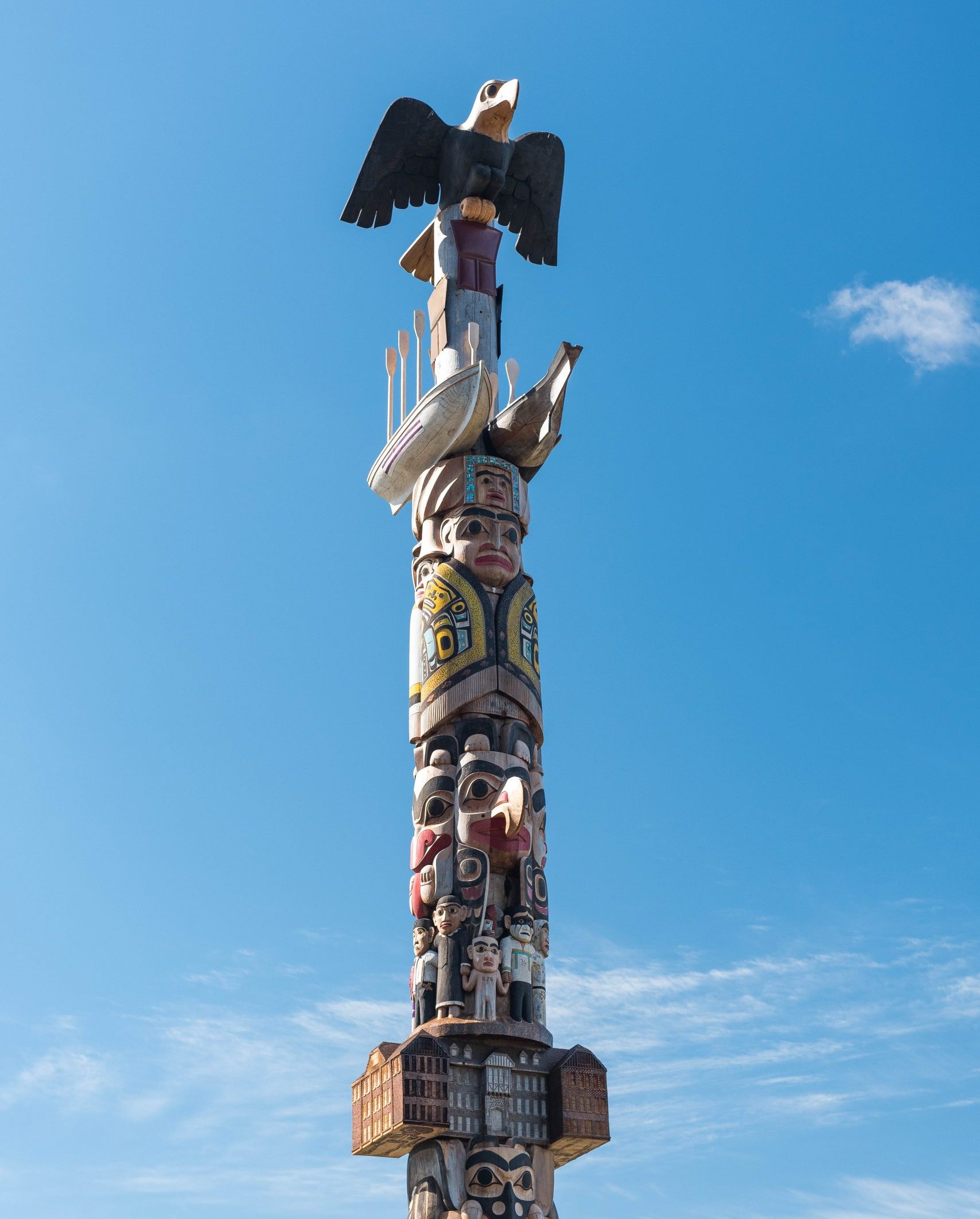
 Photo credit is an adaptation of images by
Photo credit is an adaptation of images by 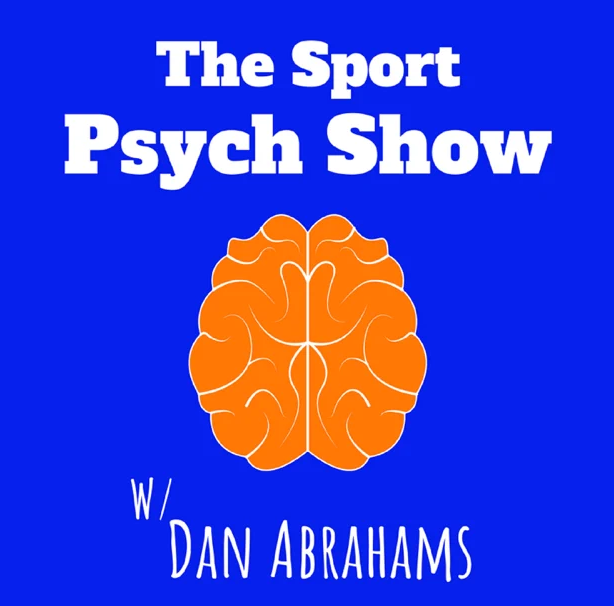
 This two-part study examined Dweck’s psychological needs model in relation to exercise-related well-being and particularly focused on the basic need for optimal predictability and compound needs for identity and meaning. In Part 1 (N = 559), using exploratory factor analysis, scores derived from items assessing optimal predictability (prediction of affect and instrumental utility in exercise) were empirically distinct from scores derived from items assessing competence, relatedness, and autonomy. In Part 2, participants from Part 1 (N = 403) completed measures of exercise-related well-being 4 weeks after baseline assessment.
This two-part study examined Dweck’s psychological needs model in relation to exercise-related well-being and particularly focused on the basic need for optimal predictability and compound needs for identity and meaning. In Part 1 (N = 559), using exploratory factor analysis, scores derived from items assessing optimal predictability (prediction of affect and instrumental utility in exercise) were empirically distinct from scores derived from items assessing competence, relatedness, and autonomy. In Part 2, participants from Part 1 (N = 403) completed measures of exercise-related well-being 4 weeks after baseline assessment.  The Power of Play, founded by Squamish’s Reza Marvasti, an organization which builds sustainable playgrounds for kids in hard-hit areas around the world, has recently launched a division focused on creating playgrounds for children in Indigenous communities closer to home, such as for the Lytton First Nation and the Standing Rock Indian Reservation in the U.S.
The Power of Play, founded by Squamish’s Reza Marvasti, an organization which builds sustainable playgrounds for kids in hard-hit areas around the world, has recently launched a division focused on creating playgrounds for children in Indigenous communities closer to home, such as for the Lytton First Nation and the Standing Rock Indian Reservation in the U.S.  Dr. Rosalin Miles, a Lytton First Nation community member and UBC Indigenous scholar and research associate with Indigenous Studies in Kinesiology (ISK) at the School of Kinesiology, has a family home and a rental home in the Village of Lytton. Her tenant had about 10 minutes to flee and had to leave almost all her belongings behind, Miles said. Other folks Miles knows lost their homes, pets and belongings. “It is really needed right now,” Miles said of a playground. Marvasti and Miles work on the philosophy that playing is central to children’s mental health and development.
Dr. Rosalin Miles, a Lytton First Nation community member and UBC Indigenous scholar and research associate with Indigenous Studies in Kinesiology (ISK) at the School of Kinesiology, has a family home and a rental home in the Village of Lytton. Her tenant had about 10 minutes to flee and had to leave almost all her belongings behind, Miles said. Other folks Miles knows lost their homes, pets and belongings. “It is really needed right now,” Miles said of a playground. Marvasti and Miles work on the philosophy that playing is central to children’s mental health and development.

